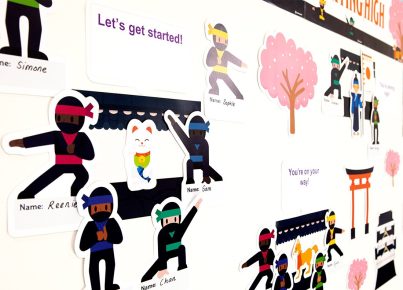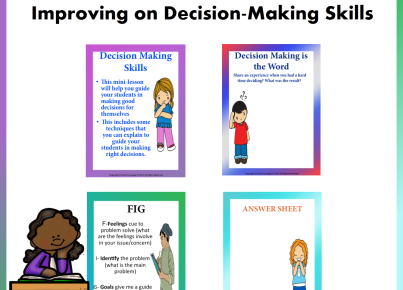In a rapidly evolving world, education is the key to empowering students to excel and succeed. Traditional models of teaching and learning can no longer keep pace with the demands of the 21st century. As such, innovative methods and approaches are being implemented in schools worldwide to raise achievement levels and transform learning experiences. In this article, we will discuss some of these revolutionary strategies and why they are necessary for fostering educational success.
Creating a Collaborative Learning Environment
One significant factor that contributes to student achievement is the learning environment. Developing a collaborative atmosphere enables students to actively participate in their education, encourages peer assistance, and enhances critical thinking skills. By implementing cooperative learning strategies like group projects, round-robin discussions, and peer teaching, educators can nurture an interactive atmosphere where students learn from one another and develop essential teamwork abilities.
Integrating Technology in Education
Leveraging technology in the classroom has become crucial for creating meaningful learning experiences that match our ever-evolving digital age. By integrating tools such as laptops, tablets, educational applications, and online resources, students receive personalized and engaging lessons that cater to their unique learning styles. Technology also enables teachers to monitor student progress more effectively through online assessments, facilitating timely interventions when needed.
Incorporating Project-Based Learning
Project-based learning (PBL) is an acclaimed instructional approach that encourages students to actively engage in hands-on tasks relevant to real-world situations. PBL enhances problem-solving skills, fosters creativity, and promotes in-depth understanding of core concepts by assigning projects requiring interdisciplinary knowledge. This approach develops students’ critical-thinking abilities by challenging them to explore complex issues while fostering essential communication and collaboration skills required for real-world success.
Emphasizing Social-Emotional Learning
Social-emotional learning (SEL) aims at developing students’ self-awareness, self-management, social awareness, relationship skills, and responsible decision-making. Incorporating SEL in the curriculum supports students’ mental and emotional well-being, which significantly impacts their academic achievement. Teachers can promote SEL by implementing activities that encourage self-reflection, conflict resolution, empathy, and cooperation, while schools can provide resources such as guidance counseling and peer support programs.
Continuous Professional Development for Educators
To ensure that teachers can employ these transformative techniques effectively, they must undergo continuous professional development. Workshops, seminars, and conferences provide educators with the knowledge and innovative practices necessary to adapt to changing pedagogical landscapes. School administrations should actively invest in their teachers’ growth to foster a culture of lifelong learning within educational institutions.
Conclusion
Raising achievement by transforming learning requires a comprehensive approach engaging all stakeholders in the educational process. Collaborative learning environments, technological integration, project-based learning, social-emotional learning initiatives, and continuous professional development for educators are essential components of this transformation. By implementing and embracing these innovative strategies, we can equip students with the necessary skills, knowledge, and intellect for a successful future in our ever-changing world.





